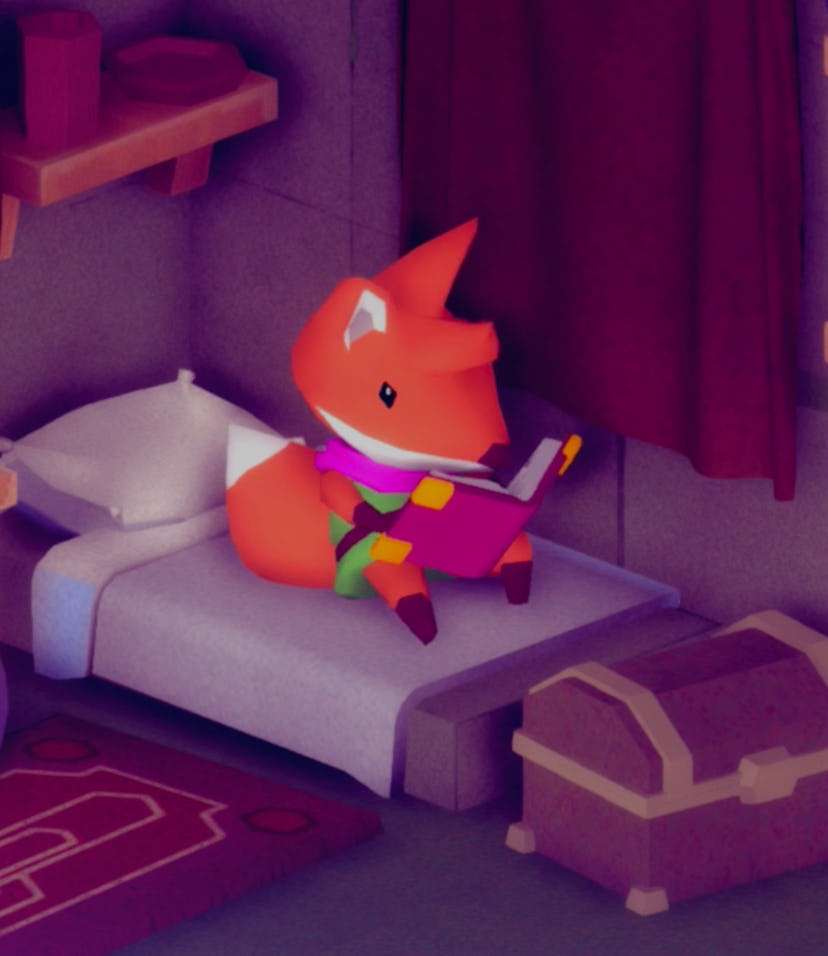Gaming
'Tunic' publisher says indie game production is ‘absurdly expensive’
Cheap games aren't cheap to make, apparently.

Most indie games will only run you $10 or $20 — and often far less on-sale — but that doesn't mean that they're made for pennies on the dollar. In a recent interview with IGN, Rebekah Saltsman, the co-owner of indie publisher Finji, says that budgets for top-tier indie games (like Hades) have inflated to the point of absurdity. Finji is the publisher behind hit Chicory: A Colorful Tale, as well as the buzzy upcoming Zelda-like Tunic.
"Our budgets are ridiculous now," Saltsman, who runs Finji with her husband Adam, told IGN. "Five years ago, I'm like, 'Oh, I can make a game for a million dollars.' And that was crazy then. And [now] I'm like, 'I can't make this for under four [million]', which is crazy because it's so much money, and then you do the math on how many units that is.”
Against the limit — Saltsman explains that consumers are usually unwilling to spend more than $20 on indie games, simply because it's the perceived "going rate" for even a high-quality indie game. Since the market for indie games is much smaller than that of triple-A games — Saltsman says that only a "small fraction" of indie games sell more than 100,000 copies — spending millions on production means that there's just that much less money to go around for the next project. (Maybe that’s why some indie studios are forming unions.)
Saltsman notes that the platform cut of revenue can leave only 70% (sometimes more) of the pie for the publisher and developer. Because the team size of the average indie studio is so small, it means that it takes much longer to reach the expected level of polish for premium games like Tunic. She also notes that the budget for indie games is more dependent on larger industry trends than consumers might realize. When new hardware comes out, money flows freely from the coffers of platform holders desperate to fill their new stores, but the flood becomes a trickle towards the end of a console's lifespan.
A mixed bag — Though Saltsman says that there have been a lot of "crappy [indie] publishers" over the years, she's hopeful that the indie space can continue to foster good development practices. "If you don't do your homework, you are going to be one of those crappy publishers…So do your homework and do right by the people that are entrusting you with their life’s work."
If you're interested in checking out Finji's work, the publisher recently announced Tunic's release date of March 16, 2022. The game was first announced in 2015, and there's years and years' worth of hype behind it, so let's hope it can fulfill its potential.